Nylon Spur Gear
Nylon spur gears are a type of mechanical gear made from nylon, a strong and durable thermoplastic material. Nylon spur gears are the most common type of gear and are characterized by their straight teeth that project radially from a cylindrical gear body. They are used to transmit power and motion between parallel shafts in a wide range of machinery and equipment, such as electric motors, power tools, and conveyor systems. Nylon spur gears have several advantages over other materials, such as metal or brass. They are lightweight, corrosion-resistant, and have a lower coefficient of friction, which means they generate less heat and noise during operation.
Nylon Spur Gears
Nylon spur gears are a type of mechanical gear made from nylon, a strong and durable thermoplastic material. These are the most common type of gear and are characterized by their straight teeth that project radially from a cylindrical gear body. They are used to transmit power and motion between parallel shafts in a wide range of machinery and equipment, such as electric motors, power tools, and conveyor systems.
Nylon spur gears have several advantages over other materials, such as metal or brass. They are lightweight, corrosion-resistant, and have a lower coefficient of friction, which means they generate less heat and noise during operation. Additionally, nylon spur gears are less likely to damage mating components because they are softer than metal gears.
However, nylon spur gears also have some limitations. They have a lower maximum operating temperature compared to metal gears. They may not be suitable for high-speed or high-torque applications. Additionally, they may wear out faster than metal gears under heavy loads or in abrasive environments.
Specifications
Model Number M1,M1.5,M2,M2.5,M3,M4,M5,M8,M12 and etc. Material PA, POM, UHMWPE, ABS, PTFE, PPS, Peek. Standard ISO, DIN, ANSI, JIS, BS, and Non-standard. Precision DIN6,DIN7,DIN8,DIN9. Teeth treatment Hardened, Milled, or Ground Tolerance 0.001mm-0.01mm-0.1mm Finish shot/sandblast, heat treatment, annealing, tempering, polishing, anodizing, zinc-plated Items packing Plastic bag+Cartons Or Wooden Packing Payment terms T/T, L/C Production lead time 20 business days for the sample,25 days for the bulk Samples Sample price range from $2 to $100. sample express request paid by clients Application 1. Automatic controlling machine 2. Semiconductor industry 3. General industry machinery 4. Medical equipment 5. Solar energy equipment 6. Machine tool 7. Parking system 8. High-speed rail and aviation transportation equipment, etc.
Advantages
A nylon spur gear is a type of gear that has straight teeth that are parallel to the gear’s axis of rotation. It is made of nylon, which is a strong and lightweight material that is resistant to wear and tear. Nylon spur gears are available in a variety of sizes and materials, so they can be tailored to the specific needs of any application. They are also relatively inexpensive, which makes them a cost-effective option for many applications.
Here are some of the advantages of using nylon spur gears:
- Lightweight: Nylon is a lightweight material, which makes nylon spur gears a good choice for applications where weight is a concern.
- Strong: Nylon is a strong material, which makes nylon spur gears able to withstand a lot of wear and tear.
- Low-maintenance: Nylon spur gears are low-maintenance, which means that they do not require regular lubrication or cleaning.
- Cost-effective: Nylon spur gears are relatively inexpensive, which makes them a cost-effective option for many applications.
Here are some of the disadvantages of using nylon spur gears:
- Low modulus: Nylon has a low modulus, which means that it is not as stiff as other materials such as metal. This can make nylon spur gears more susceptible to deformation under high loads.
- Low thermal conductivity: Nylon has a low thermal conductivity, which means that nylon spur gears can build up the heat under high loads. This can lead to premature wear and tear.
- Not as strong as metal: Nylon is not as strong as metal, so nylon spur gears are not suitable for applications where high loads are expected.
Overall, nylon spur gears are a versatile and cost-effective option for a variety of applications. They are lightweight, strong, and low-maintenance, making them a good choice for applications where weight, wear, and tear are concerns. However, they are not as stiff or strong as metal gears, so they should not be used in applications where high loads are expected.
Nylon Spur Gears Details
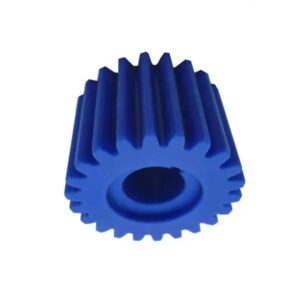 |
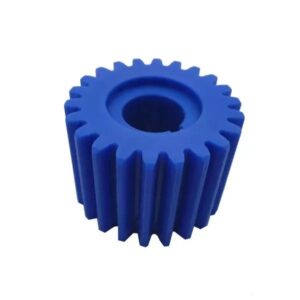 |
Application Examples
Nylon spur gears are the most common form of gear and are found in a wide range of applications. They perform several important functions, the most critical of which is providing gear reduction to motorized mechanical devices. Once the nylon spur gear is mounted on a parallel shaft, it meshes perfectly with other gears.
Since the teeth of nylon spur gears are parallel to the rotational axis, they do not produce axial thrust, which makes it easy to mount them with ball bearings. They are cost-effective and precision-engineered products that are easy to use and install.
Nylon spur gears are used to increase or decrease the torque or power on a device and are found in washing machines, blenders, clothes dryers, construction equipment, food machinery, pumps, and conveyors. In power stations, groups of connected nylon spur gears, or trains, are used to convert energy, such as wind or hydroelectric power, into electrical power. The nylon spur gears in a train have the same sized teeth, with adjacent gears rotating in opposite directions.
Nylon Spur Gears Vs Nylon Bevel Gears
Nylon spur gears and nylon bevel gears are both made of nylon, which is a lightweight, strong, and corrosion-resistant material. However, there are some key differences between the two types of gears.
Nylon Spur Gears have teeth that are parallel to the shaft on which they are mounted. This makes them ideal for applications where power needs to be transmitted in a straight line, such as in conveyor belts and electric motors. Spur gears are also relatively inexpensive to manufacture.
Nylon Bevel Gears have teeth that are angled at a specific angle to the shaft on which they are mounted. This allows them to transmit power between two shafts that are not aligned in the same direction. Bevel gears are more complex to manufacture than spur gears, but they can handle higher loads and torques.
In general, nylon spur gears are a good choice for applications. Such as: low cost, lightweight, and quiet operation are important considerations. Nylon bevel gears are a good choice for applications where high loads and torques need to be transmitted.
Here is a table that summarizes the key differences between nylon spur gears and nylon bevel gears:
| Feature | Nylon Spur Gears | Nylon Bevel Gears |
|---|---|---|
| Teeth | Parallel to the shaft | Angled to the shaft |
| Applications | Conveyor belts, electric motors | Power transmission between non-aligned shafts |
| Cost | Inexpensive | More expensive |
| Weight | Lightweight | Heavy |
| Noise level | Quiet | Noisier |
| Load Capacity | Low | High |
| Torque capacity | Low | High |
Ultimately, the best type of nylon gear for your application will depend on your specific needs and requirements.
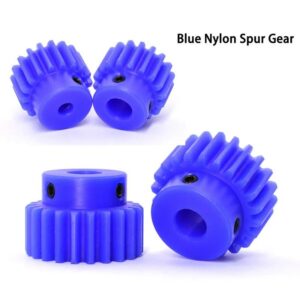 |
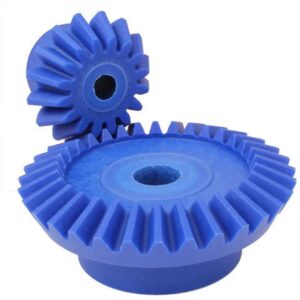 |
| Nylon Spur Gears | Nylon Bevel Gears |
|---|
Nylon Spur Gears Suppliers
The reason that they are the more cost-effective gear is that nylon spur gears are far more economical to produce than metal spur gear, which in turn results in a lower cost for the customer. In addition to the initial cost savings, nylon spur gears also have to be lubricated far less than a metal spur gear might require, meaning further savings to the customer long term.
Nylon spur gears have more advantages than just being cheaper than the sturdier metal spur gears, and nylon spur gears also operate at a much lower noise level. This makes them ideal for the applications we discussed earlier in an office setting. Often times these machines are made from similar materials, which means that nylon spur gears are a must, as a metal spur gear would eventually grind away at the plastic tracks they must operate on. On top of all of these, nylon spur gears also offer an advantage when it comes to maintenance as they absorb dirt and other particles rather than grinding them down, as frequent grinding can cause damage over time to a metal spur gear.
So if you are unsure. If nylon spur gears are right for your application. If you need custom-built gear, consult a knowledgeable, trusted, and experienced. Nylon spur gears manufacturer in order to receive the right solution for your unique application.

Packing Shipping Delivery
  |
 |
|
 |
 |
|
How to choose power transmissions parts and industrial products which meet our requirement
| Chains | Sprockets | Pulleys | Timing belt Pulley | V-belt Pulley |
| Sheaves | Coupings | Bush &Hub | Gear& Rack | V-Belt |
| Locking Assembly | Pulley | Gearbox | Reducer | Shaft Collar |
| Rod End Bearing | Clevis | PTO | Chain Guide | Belt Guide |
| Rubber Buffer | Chain Tensioner | PTO Drive Shafts | Universal Joints | Roller Chains |
| Conveyor Chains | V-Belts | Worm Gearbox | Helical Gear | Worm |
| Agricultural Chain | CNC Proces Parts | Casting | Stamping | |
| Powder Metallurgy | CNC Proces Parts | Casting | Stamping |
What Products Do you sell ?
We are a group of factories, give customer one stop solution of power transmission and industrial products. We are in the position to supply wide range of products, including chains, sprockets, v-belt and v-belt pulleys, timing belt and timing belt pulleys, gears, speed reducers, motors, racks, couplings, and many other parts, like locking assembly, taper bushing, Chain guide, shaft collar, torque limiter, cam clutch, universal joint, motor base and motor slide, rod end, clevis, rubber mount, etc. We make special parts according to drawings and/or samples.
How to choose a gearbox which meets our requirement?
You can refer to our catalogue to choose the gearbox or we can help to choose when you provide
the technical information of required output torque, output speed and motor parameter etc.
What information shall we give before placing a purchase order?
a) Type of the gearbox, ratio, input and output type, input flange, mounting position, and motor informationetc.
b) Housing color.
c) Purchase quantity.
d) Other special requirements.
What industries are your gearboxes being used?
Our gearboxes are widely used in the areas of textile, food processing, beverage, chemical industry,
escalator,automatic storage equipment, metallurgy, tabacco, environmental protection, logistics and etc.
What is the producing process?
Production process including raw material cutting, machine processing, grinding, accessories cleaning, assemble, cleaning, stoving, oil coating, cover pressing, testing, package.
How to control the products quality?
Combining advanced equipment and strict management, we provide high standard and quality bearings for our customers all over the world.
What is the transportation?
-If small quantity , we Suggest to send by express, such as DHL,UPS, TNT FEDEX. If large amount, by air or sea shipping.
Can we design packaging?
-Yes. Default is regular packing, and we can make customer's own packing.
Can you provide OEM service?
-Yes, we work on OEM orders. Which means size, quantity, design, packing solution, etc will depend on your requests; and your logo will be customized on our products.
Can you give me discount on Power Transmissions Parts and Industrial parts?
-Yes, of course. Pls. send me your Email, you'll get more
Q: Are You a trading company or a manufacturer?
A: We Are the factory and have our Own trading company
Q: How Can I get an offer?
A: please send US quotation information: drawings, materials, weight, quantity and requirements, we can accept PDF, ISGS, DWG, STEP file format. If you don't have the drawings, please send us the samples, we can also quote you according to your samples.
Q: What is your minimum order size?
A: it is usually 100 pieces, but a low quantity is acceptable under some special circumstances.
Q: Do you provide samples? Is it free or extra?
A: Yes, we can provide samples free of charge, but we don't pay the freight.
Q: What is the lead time for mass production?
A: honestly, it depends on the number of orders. Normally, if you don't need the tools, deposit them after 30 days or so.
Q: What if the parts don't Work?
A: we can guarantee the quality, but if it happens, please contact us immediately, take some photos, we will check the problem and solve it as soon as possible.
Q: What are your terms of payment?
A: payment is less than US $1000,100% in advance. Payment: $1000,50% wire transfer in advance, balance before shipment,Other Terms of payment are negotiable

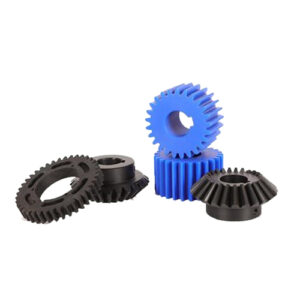
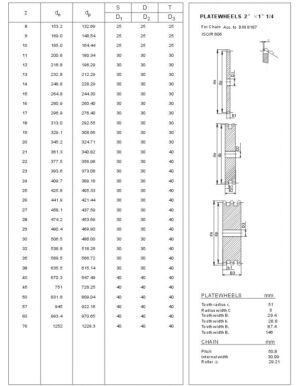
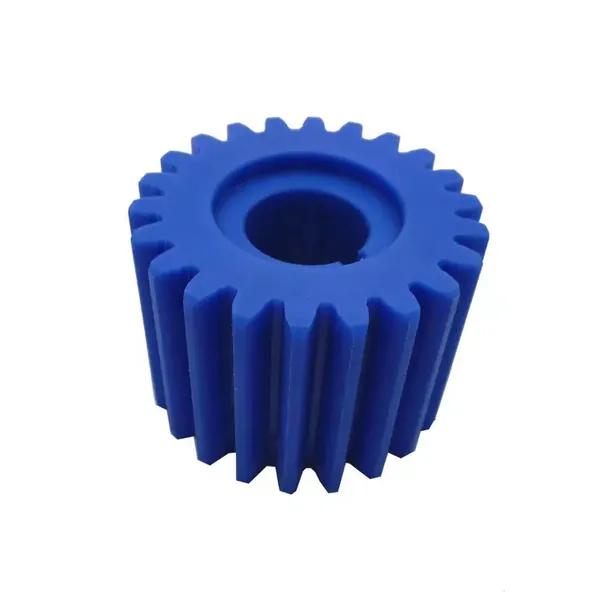

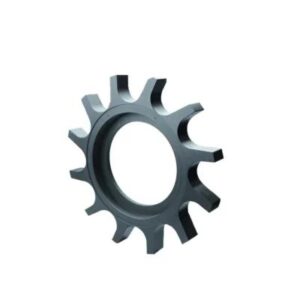
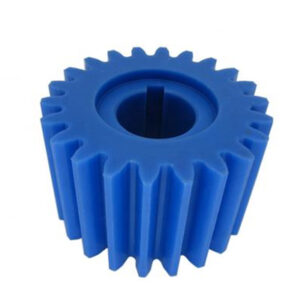
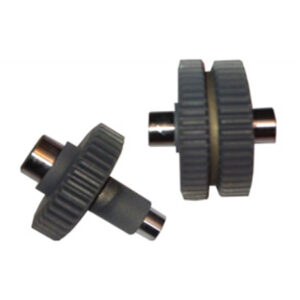
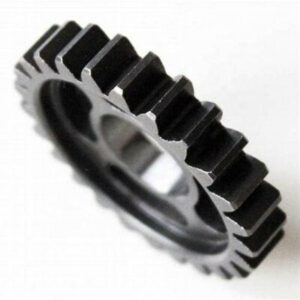
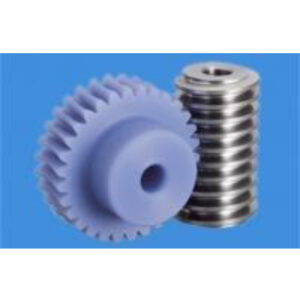
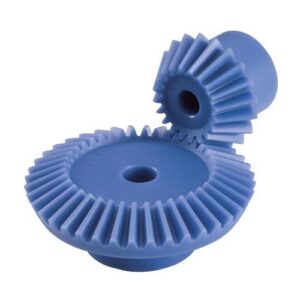
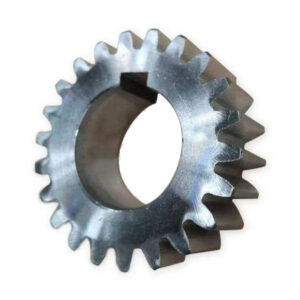
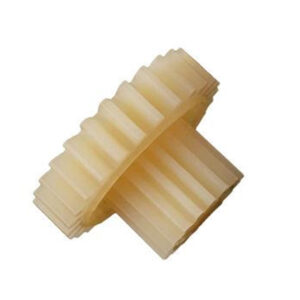
Reviews
There are no reviews yet.